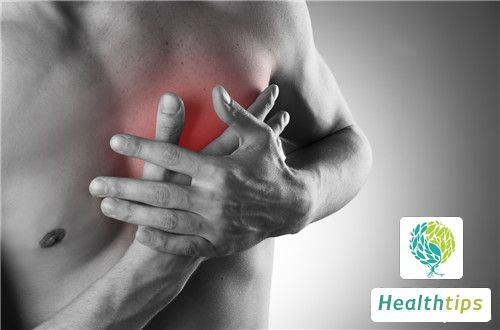Heart diseases that are prone to sudden death mainly include ischemic heart disease, primary dilated cardiomyopathy, and ventricular hypertrophy and hypertrophic cardiomyopathy.

People with these types of heart diseases must be vigilant and actively prevent them. They should avoid excessive mental stress in daily life to prevent sympathetic nerve excitement, which can lead to an increase in blood pressure and heart rate. They should develop good habits, eat regularly, avoid overworking, and also exercise appropriately.
Heart diseases prone to sudden death:
1. Ischemic heart disease: 90% of sudden cardiac deaths are caused by coronary heart disease, and more than 50% of sudden cardiac deaths do not have any clinical manifestations of coronary heart disease before death. Many studies have shown that the first clinical manifestation of up to 20% to 50% of patients with coronary heart disease is sudden cardiac death.
2. Primary dilated cardiomyopathy: The terminal manifestation may also be cardiac arrest or electromechanical dissociation, especially in patients with advanced left heart failure. The potential causes of arrhythmia caused by primary dilated cardiomyopathy are mechanical-electric feedback mechanism, electrolyte imbalance in chronic diuretic therapy, sympathetic nerve and renin-angiotensin system overactivation, and their proarrhythmic effects.
3. Ventricular hypertrophy and hypertrophic cardiomyopathy: Left ventricular hypertrophy is an independent risk factor for SCD.
4. QT interval prolongation: Primary QT interval prolongation syndrome is an inherited disease that can cause unexplained syncope, convulsions, and sudden cardiac death.
Methods to prevent sudden death from heart disease:
1. First, do not drink alcohol, do not smoke, eat less spicy and irritating foods, eat less greasy foods, and avoid getting angry.
2. Patients with weak constitution should pay attention to rest, not watch too much TV or play too much, and ensure adequate sleep.
3. Maintain appropriate temperature and humidity, do not allow family members or outsiders to smoke in the patient's room, keep the air fresh, open the windows for ventilation for half an hour every morning, and do not open the windows for too long.
4. If bathing is not possible, use damp water to wash and keep the skin clean. It is not suitable to engage in public activities to prevent the spread of diseases.




















